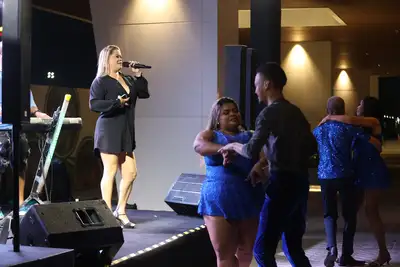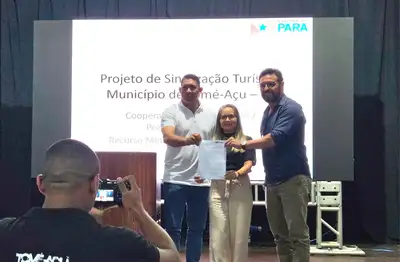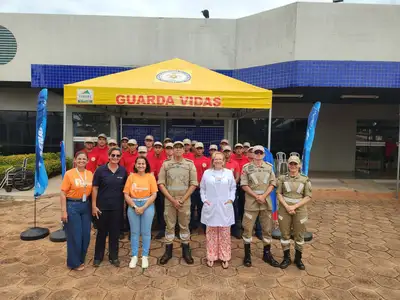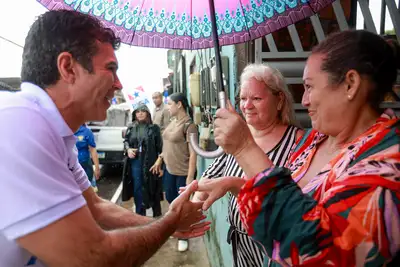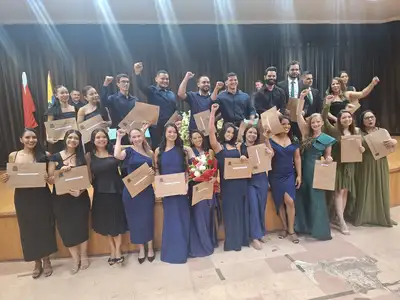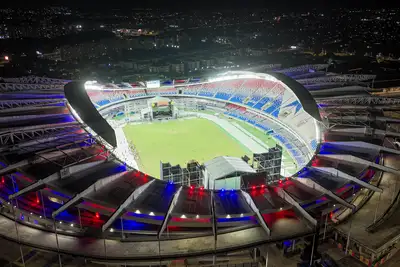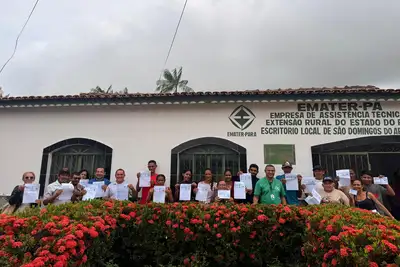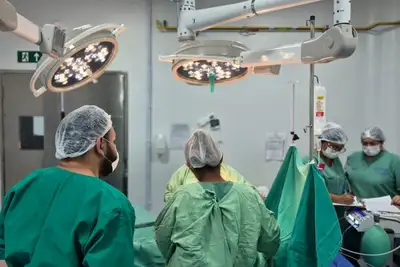Semas launches manual for program that unlocks cattle sales in areas under environmental recovery
The manual guides rural producers and public agents on the steps for environmental regularization in livestock, promoting productive inclusion and valuing good practices in the field.
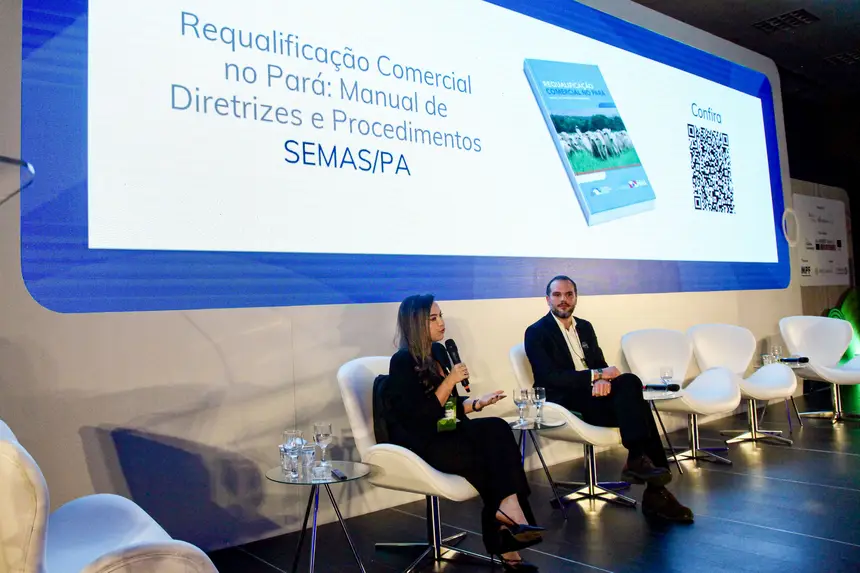
The government of Pará, through the Secretary of Environment, Climate and Sustainability (Semas), launched the Manual of Guidelines and Procedures for Commercial Requalification of Pará during the 3rd edition of the Boi na Linha Dialogues, held this Tuesday (22) in Brasília (DF). The document, a result of a partnership between Semas and the Institute of Forest and Agricultural Management and Certification (Imaflora), was developed to guide rural producers and public agents on the steps for environmental regularization in livestock, promoting productive inclusion and valuing good practices in the field. The manual is available for public consultation on the Semas website (access here).
Commercial requalification is a process conducted by Semas aimed at supporting rural producers to return to the formal meat market, regularizing their activities in an environmentally responsible and economically sustainable manner, enabling producers to sell to slaughterhouses as long as they commit to environmental regularization by isolating the deforested area for recovery.

In practice, requalification helps the producer to "unlock" their property, that is, to resolve environmental and commercial issues that prevent the sale of cattle or other products. The process includes technical guidance, environmental regularization, ensuring that production occurs without deforestation and within legality.
Productive reintegration and socio-environmental regularization - The launch was part of the Boi na Linha event program, which brought together representatives from the public power, productive sector, industry, and civil society to discuss the paths of livestock and soy under the pillars of legality, sustainability, and productive inclusion.
The director of Climate Change at Semas, Indara Aguilar, represented the State in the panel "Productive Reintegration: Paths to Socio-environmental and Economic Regularization in Livestock," alongside João Paulo Franco, coordinator of Animal Production at the Confederation of Agriculture and Livestock of Brazil (CNA); Gabriel Amorim, prosecutor of the Federal Public Ministry (MPF); Justiniano Netto, president of Unigrãos; Paula Queiroz (Mato Grosso Institute of Meat - IMAC) and Mauro Armelin, executive director of Friends of the Earth.
The panel addressed the growing interest of the national and international market in deforestation-free, socially responsible, and environmentally correct production chains, reinforcing the role of state governments in creating conditions for rural producers to advance towards regularization and access more demanding markets.
During her speech, Indara Aguilar highlighted Semas' role in supporting producers in Pará. "Our effort is to support the producer, add value, and strengthen integrity in production chains. We have many strong chains in Pará, but in light of market demands, we need to help the producer add value to their product and benefit from everything the State and the Amazon can offer in quality," she stated.
The director also emphasized the importance of integrating public policies, civil society organizations, and economic incentives so that producers can achieve regularization and expand their presence in the formal market. Among the initiatives mentioned are the Producer Assistance Centers, which offer free guidance on commercial and environmental regularization, and the "Unlock Now Bonus," a voucher aimed at financially supporting the commercial requalification of rural properties.
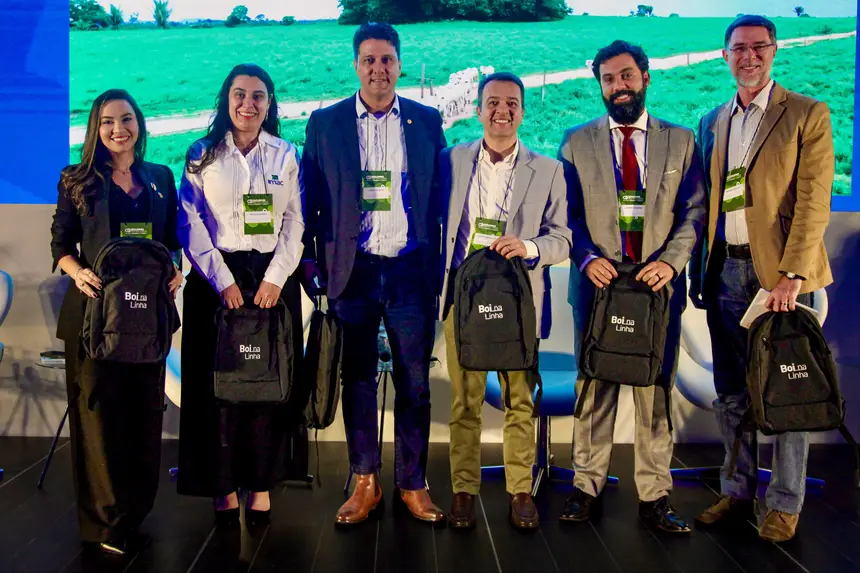
Indara Aguilar emphasized that the government of Pará has developed instruments for direct support to small producers, expanding access to information, training, and public policies. "We are building several tools to bring solutions closer to small producers, so they can have free access to commercial and environmental regularization. The goal is to open markets for the producer and value Pará's product for its quality and sustainability," she highlighted.
Sino-Brazilian Beef Trade - Semas also participated in the event "Sino-Brazilian Beef Trade: Perspectives for Sustainability and Valuation of the Chain," held at the International Convention Center of Brazil (CICB) in Brasília this Tuesday (21).
The Secretary of Environment, Climate and Sustainability of Pará, Raul Protázio Romão, participated in the panel "Trends for Chinese Beef Trade," alongside AI Yunwem, deputy director of the Institute of Finance and Sustainability (IFS); Xiao Shaoqiong, head of Analysis and deputy director of the Industrial Policy Research Office of the China Meat Association; Marta Giannichi, global director of Sustainability at Minerva Foods; and Isabel Nepstad, president of BellaTerra.
The panel addressed the Chinese market's interest in sustainable and deforestation-free products, reflecting a global trend towards valuing low environmental impact practices. The secretary highlighted Pará's leadership in implementing public policies that combine agricultural production, environmental conservation, and socio-economic inclusion.
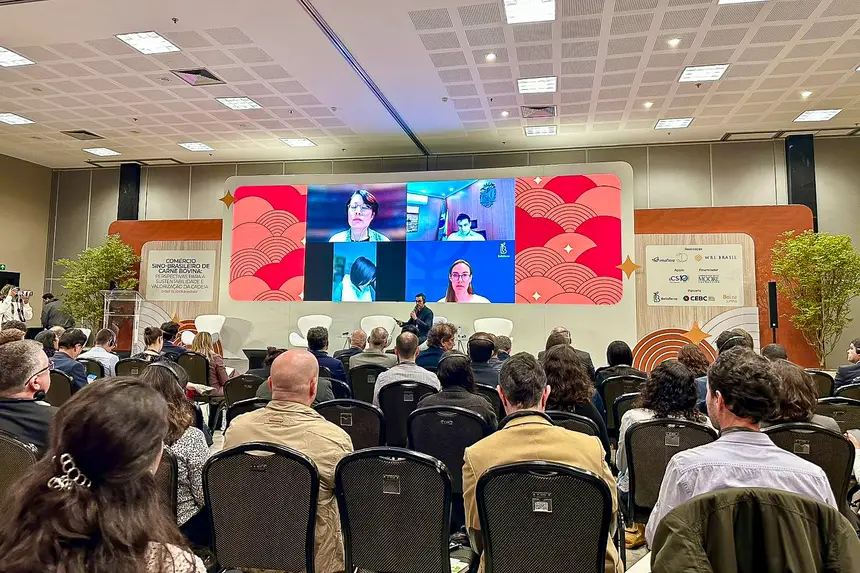
"Pará has shown that it is possible to produce with environmental responsibility and meet the new demands of international markets. The Chinese demand for sustainable products represents an opportunity for those who engage in livestock within legality and with traceability. We are strengthening public policies that ensure Pará producers access to these markets, combining competitiveness, environmental conservation, and social inclusion," emphasized Raul Protázio Romão.



